“What games have you regretted buying the most?” It’s one of those silly questions that a Twitter account throws out there to maximise engagement (and it worked, with 100,000 views at the time of writing). But it did get me thinking, in the sense of “how can people that claim to love games misunderstand art by this much and treat games like low-value products like this?”
You would think if people liked games that much they’d have more respect for them.
In my time I have played a lot of games. According to DDNet’s Metacritic listing, we have reviewed 3,262 games, and I would account for the bulk of those. I also reviewed a lot of games for the site before the Metacritic listing, and across several gigs that I had before starting DDNet. I’ve also played the occasional game for fun… perish the thought.
In all those many thousands of games, there is not a single one I regret playing. Even when I absolutely loathed the game (and there have been more than a few of those), I don’t regret spending the time with it.
The same goes for films, music, books, live performances, art galleries, or anything else to do with the arts. There have been some that I’ve not enjoyed in the slightest. There are artists that I never want to put myself through work by them again. For every piece of art that has stuck in my head for years afterwards, there has been a piece of art that I couldn’t forget quickly enough.
But to regret spending time with the artwork implies that you haven’t seen value in the time that you spent with it. And at that point, you’re not talking about a work of creativity. You’re talking about a product for consumption.
Every time I’ve encountered an artwork that I’ve disliked, I’ve sat down to understand what it was about the work that I didn’t appreciate. It might have been because I found its aesthetics unpleasant (and then I’d ask myself why that was). I may have found parts of the work offensive for one reason or another. Perhaps it was, simply, a topic I didn’t care for, or in the case of video games, perhaps it was something that I didn’t enjoy interacting with. Perhaps the gameplay let it down.
But in all those cases, thinking about what I didn’t like about the experience, writing the review or discussing it online was a case of me engaging with the creative ideas that went into it.
Over time, and thanks largely to capitalism, the role of art in society has slowly been transformed into something uncomfortably lessened. It’s not the fault of the artists, but rather the economic forces that bind them in the same way that they bind us all, but where art was once a medium that was used to convey ideas, share stories, and challenge the audience to think about what they were witnessing, now art is expected to be entertaining. Yes, sure, if it also just happens to inspire us, then that’s a bonus, but an artwork’s raison d’exister now is, exclusively, to be something we enjoy.
We come up with any number of reasons to justify this mindset. Most commonly, we tell ourselves that we’re spending good money on this thing, and therefore that thing has an obligation to give us a positive experience. The idea of spending money on something we don’t enjoy is antithetical to the very foundations of capitalism, so when it comes time to spend money on art, then that work must be amazing, or at least “worth the money,” and if it isn’t, then it’s a “regrettable” use of that money.
But that mindset results in some horrible things being done in the arts, and I would argue that because games are the most extremely capitalistic art form, it’s doing the most damage to it. Artists can’t experiment when the expectation is that the consumer will love the content. It’s that much harder to secure a publisher, and the game will quickly get buried, because something that is a transformative, powerful, but challenging, different, and risky experience to 50% of players is never going to get the visibility that a generic, but comfortably entertaining experience will get when it gets the “overwhelmingly positive” user review score on Steam.
Basically, creativity means taking risks, and you can’t take risks when capitalism dominates art because risk means that some people won’t like your product.
To be hyperbolic about it, it’s the difference between a can of soup and a gourmet meal prepared by a legendary chef. When you’re going shopping at your supermarket, you’re not looking to be challenged by the options in the soup aisle. You want simple, familiar flavours at a good price that will keep you going. You want to know what you’re going to get before you even open the can, and if you don’t get that, then you’re going to throw the rest of the soup out.
Meanwhile, that 5-star meal is an experience that you want to challenge you. You go in hoping that the chef will give you something you’ve never tasted before, using ingredients in a way that you could never have contemplated. You don’t know if you’re going to like everything in that meal (and if you’ve experienced fine dining before you’d know well that you’re going to dislike at least one dish a great deal), but it’s the experience and the artistry that you’re there for. If you just wanted to be filled up, the soup can back home cost 1% of the cost of that meal. And so, with the chef, you’re not going to regret the experience, even if you didn’t enjoy the meal enough to ever return.
We really need to shift the way we see games to appreciate them as works of art and creativity. Too often we talk about games being works of art, but then turn around and treat them like they’re an artless piece of content for consumption. Every game is an opportunity for thought, reflection, analysis, critique and discussion. You may well hate a game from the first button press to the last, but don’t fall into the trap of thinking that you regret playing it. Engage with it.

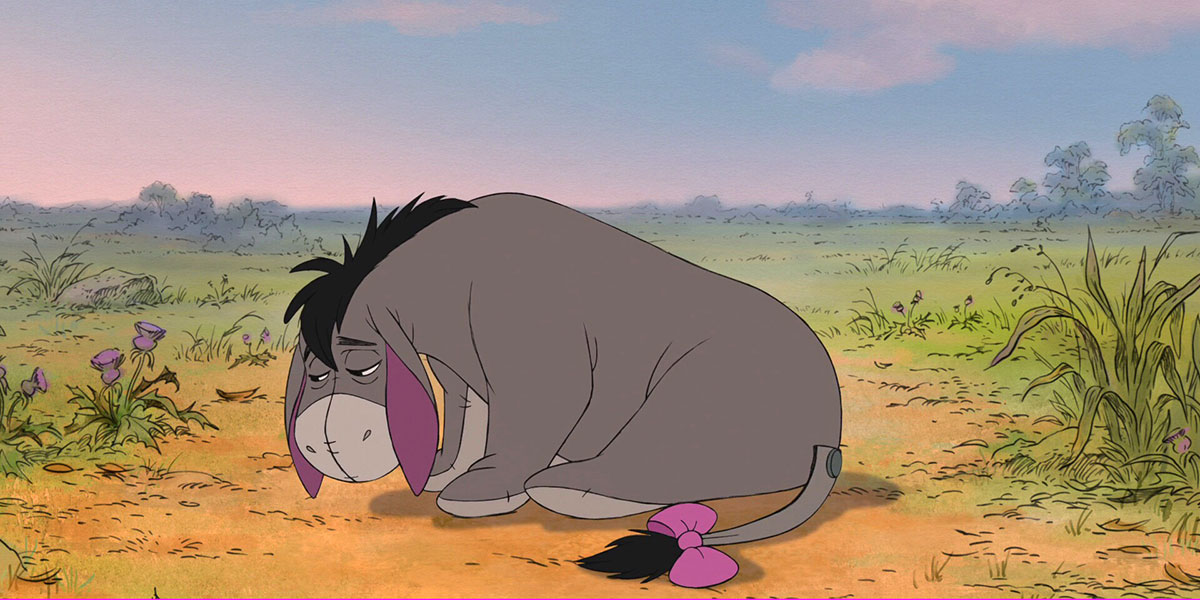


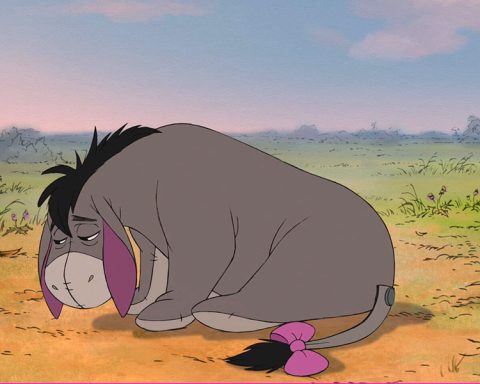
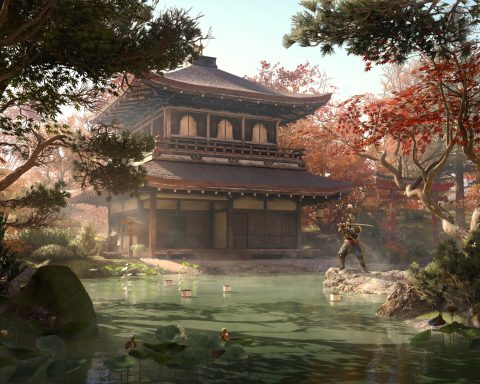

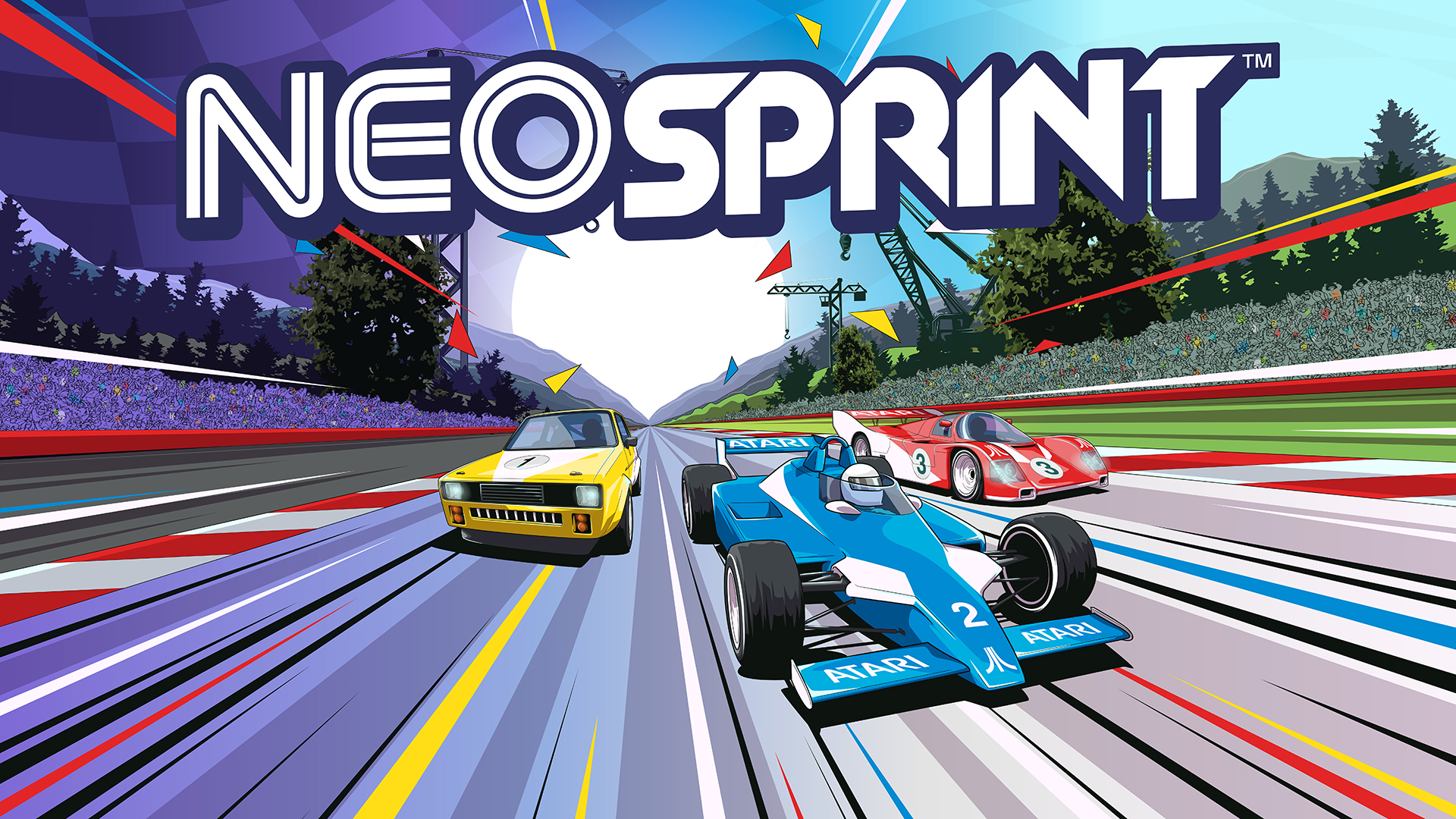

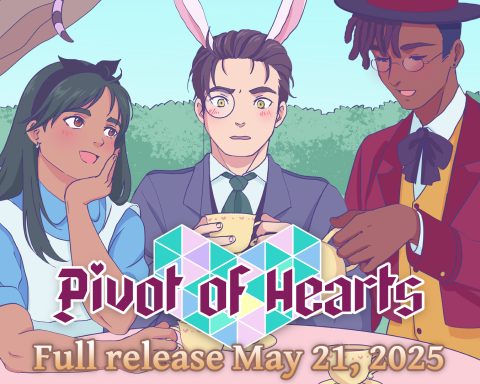

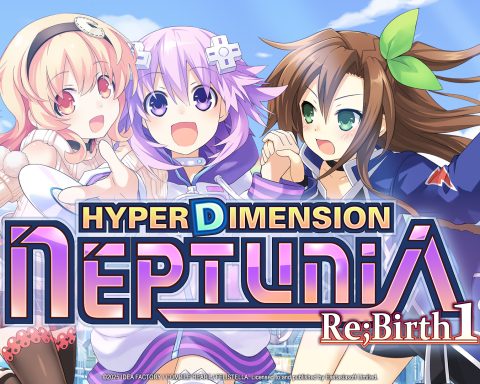
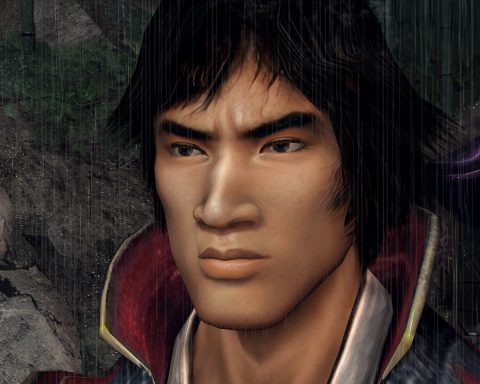
Very much agree with you here, though I think we’re in a small minority. So many general gamers feel like purchasing a game that has a metacritic score below some arbitrary number is “a waste of my gaming-time and my hard-earned money”. Not only is that a bizarre commodification of a game’s value in the world: but these gamers refuse to play and sometimes even to think for themselves. More’s the pity.
Personally, I’d rather spend my money (yes, even $70 USD) on a game that takes some risks and pushes the dev team creatively, even when the end product disappoints or only succeeds modestly in some ways. Games that play it safe and earn 8+/10 scores from (nearly) every reviewer can be fun, and sometimes even rather special experiences. But they aren’t taking the world of videogames to the next level, to the new vistas that the videogame art can and should explore.
Let’s hope that big business doesn’t kill videogames altogether in the next decade or two. We certainly feel on the verge of either an implosion or drastic re-direct, especially in the world of AAA/AA games from shareholder-owned western companies. It’s hard for indies too these days. Who will survive? What games will our children and grandchildren play? I’m happiest purchasing games made by the risk-takers, warts and all… maybe some of those teams (or their successors) will make it, somehow.
Don’t worry, games won’t go away completely. It’s still a massive business, however much its normalising and leading to shocking headlines right now. The industry might be re-shaped though. Given the state it’s in right now, I’m not sure I’d complain if there was a full-scale crash, as long the phoenix that emerges isn’t a carbon copy.
Sorry, but “it’s a form of art” is not a catch-all defense. There are bad, boring or purely commercial or badly political forms of art. A good example would be the recent MLK arms statue or the horrible red portrait of king Charles III (though I think it would be interesting if it wasnt supposed to be an official portrait). I think you’re subject to a lot of survivor bias, i.e. you forget that 80-90% of art is shallow or commercial tat.
When it comes to games the one I will always regret buying was the 2003 Hulk video game. I didn’t even see the movie it was a tie-in to!
It’s not a defence. I’m not saying that all games are good. Just that I don’t regret playing the bad ones, because engaging with the game and thinking on why it’s bad helps me better understand the form and I think it makes me a better critic for it. Without experiencing bad art, how can you properly articulate what you think makes art good?
That’s not just games. I’ve been to theatre performances that put me to sleep. I’ve walked out of films. I watched Titanic 2! I’ve read books where I’ve been so bored that I’ve had to re-read entire chapters because I forgot them the moment I turned the page.
Art can be very, very, *very* bad. But I still appreciate the opportunity to experience it.
The problem lies in the review scores themselves. Separating the audio, graphics and story into separate parts, giving them all individual numbers and then adding them together for a total score of “fun” is the wrong way to talk about any art.
Not that there is something wrong with looking at all these aspects, but I feel the It-crowd — which is naturally adjacent to video games — mismanaged the language with which we talk about video games from the early days onward.
I see the same problem in movie and music criticism as well. It’s all about plot holes and production values; everything the critique can grasp, and less about the experience as a whole, which is to say everything that’s really difficult to grasp with simple language and a scoring system alone. This is where a more poetic language is needed to express your opinion on a piece of art. Heck, even scientific papers were better written back in the day, expressing their observations in a vivid and lively language. There are the odd exceptions (and I believe the pendulum is coming back), but too much in our culture is overwhelmingly left-brain-driven.
PS: In that vein, it makes sense that most games you (Matt) review, are either 4 1/2 stars or 5 stars. You just love them all and aren’t ashamed to express it 😉
Hahah, most of the games I’m playing at the moment are the “safe bets” for me – games I’m very likely to love, because I just don’t have time to go looking for the crappy ones. It is something I’ve observed in my own reviewing habits over the years, the busier I get the hight the average scores are lol.
I do agree with this. I think that another part of the issue is that a lot of critics simply aren’t trained in the arts. They come from IT or engineering or science backgrounds, or didn’t go to university (or haven’t been there yet), so they don’t get exposure to the kinds of things that critics should be aware of. It’s a bit hard to discuss how a game (or film, book, music, whatever else) is interesting in the context of Foucault’s theories of transgression (for one example) if you don’t know what Foucault’s theories of transgression are.
However everyone can say if a game runs at 60fps. If you have a way with words you can even pad that out to an entire paragraph.
So as a result a lot of our reviews end up being of the latter variety.
I agree for the most part with some caveats. For one thing, games might be art but they are also, more than any other are form, very technically crafted products. If a game crashes every 5 minutes or has some truly gamebreaking bug that won’t let you progress any further (and technical support didn’t help) I very much regret buying it. I’m sure you don’t mean to but you always make it sound like everything can be swept under the rug with the argument “but it’s art”.
Furthermore. Are all games art according to you? The same way, is every film, book, musical piece, painting… art? If I make a perfect copy of an existing piece, is that art? No, it’s craftmanship though, which is a completely seperate thing. My dad was a construction worker. No one ever confused him for an artist.
A game crashing is like going to the theatre only for the seat you paid for is in a place that hides half the stage making it impossible to see what’s going on. That’s an error with the structure of the art work, not the art itself.
And yes that really has happened to me, and yes *that* is regrettable, but that’s a different discussion.That simply shouldn’t be allowed to happen.
All art is art, yes. You need to understand that when I say “art” I’m not commenting on its quality. There is good art, and there is terrible art. Masterpieces and catastrophes. I think part of the problem that we have is that we’ve been led to believe that art represents quality, and that’s led to people engaging with it in some strange ways.
Similarly, things not being art and people not being artists is not a comment on them. Construction workers are not artists. That’s not a judge of their character, intellect, morals or the quality of the work they can do.
Architects, meanwhile, are artists. But an architect that commits murder and designs a building that is judged the “worst building of all time” is still an artist, while your father, who was a good, hardworking person that contributed to the making of buildings that have given families many happy years and memories, is not an artist.
So when I call something “art.” I’m not saying anything about its quality. I’m just acknowledging what it is.